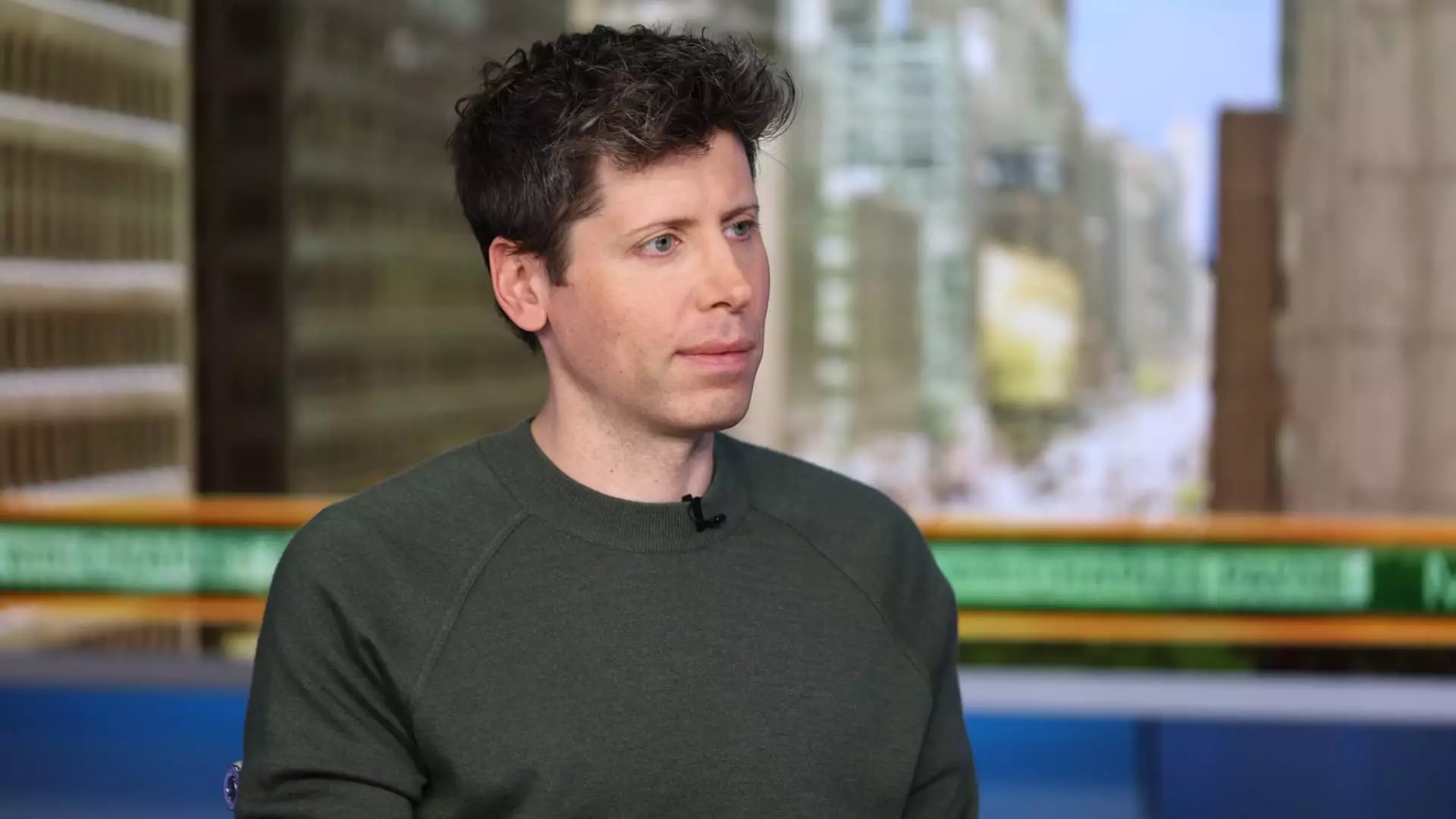The contours of family dynamics can be incredibly complex and, at times, deeply troubling. Recent news has cast such a shadow upon the Altman family, drawing attention to both personal and legal challenges faced by its members. Sam Altman, the notable CEO of OpenAI, is being accused by his sister, Ann Altman, of severe wrongdoing that allegedly spanned nearly a decade during their childhood. This unfolding saga has raised questions not just about family loyalty and privacy, but also about how allegations can resonate within the public domain, especially when they involve high-profile figures.
Ann Altman filed a lawsuit on a Monday in the Eastern District of Missouri, presenting allegations of sexual abuse that she claims occurred frequently between the ages of three and twelve. These claims suggest that the acts of abuse commenced with oral sex and escalated to penetration, inferring a systematic pattern of abuse over years. The gravity of Ann’s allegations cannot be overstated; she claims that these experiences have led to profound emotional distress, mental anguish, and a long-term impact on her psychological well-being.
These allegations are particularly striking given their serious nature and the close familial ties involved. Ann has previously voiced similar concerns on social media platforms, raising the public profile of her accusations. Nevertheless, the transition from an online discourse to a formal lawsuit signifies a commitment to seek justice through legal means. In her lawsuit, she is pursuing significant damages, further indicating the depth of her claimed suffering.
In stark contrast, Sam Altman has issued a public denial of the allegations alongside his family, framing the claims as “deeply hurtful and entirely untrue.” Their collective statement offers a narrative that not only defends Sam but also seeks to contextualize Ann’s actions within what they term “mental health challenges.” This familial response adds layers of complexity to the situation; it paints a picture of a family in turmoil while simultaneously attempting to protect their reputation against potentially damaging accusations.
The assertion that Ann “refuses conventional treatment” raises additional questions about the dynamics at play within the Altman family. Mental health issues can complicate family relationships enormously; they may foster misunderstandings, lead to contentious disputes, or even drive individuals to make claims that appear irrational to others. The public discourse surrounding mental health continues to evolve, yet long-standing stigmas can render these situations even more precarious.
The legal troubles facing Sam Altman extend beyond this lawsuit. As a CEO of a prominent AI company, which surged to fame after the introduction of ChatGPT, Altman currently navigates both professional aspirations and personal challenges. OpenAI, backed by significant investments, particularly from tech giants like Microsoft, operates under a watchful public eye. This suit, therefore, not only has personal repercussions but also threatens the company’s image and future projects.
Notably, the timing of this lawsuit comes amidst a backdrop of other lawsuits, including one from Elon Musk concerning allegations of breach of fiduciary duty relating to OpenAI’s transition from nonprofit to profit-oriented status. This raises broader questions about governance, accountability, and ethical considerations in an industry that quickly evolves and expands. Musk’s renewed litigation highlights the contentious relationships that exist within the tech industry, particularly among its founders and stakeholders.
The unfolding situation involving the Altman family serves as a stark reminder that behind the façade of success and innovation, personal stories can unravel in unexpected and painful ways. It foregrounds the importance of addressing allegations seriously, promoting open dialogues about mental health, and understanding the narratives that influence public perceptions. As the legal process moves forward, the ramifications for both Ann and Sam Altman—as individuals and as members of the tech community—may reverberate long beyond the court’s decision.
In these emotionally charged scenarios, the interplay of truth, perception, and professional integrity becomes notably complicated, leaving an indelible mark on all involved. Whether through litigation or family dialogue, the Altman case reflects a microcosm of larger societal issues, including trauma, healing, and the pursuit of justice in its many forms.

Leave a Reply